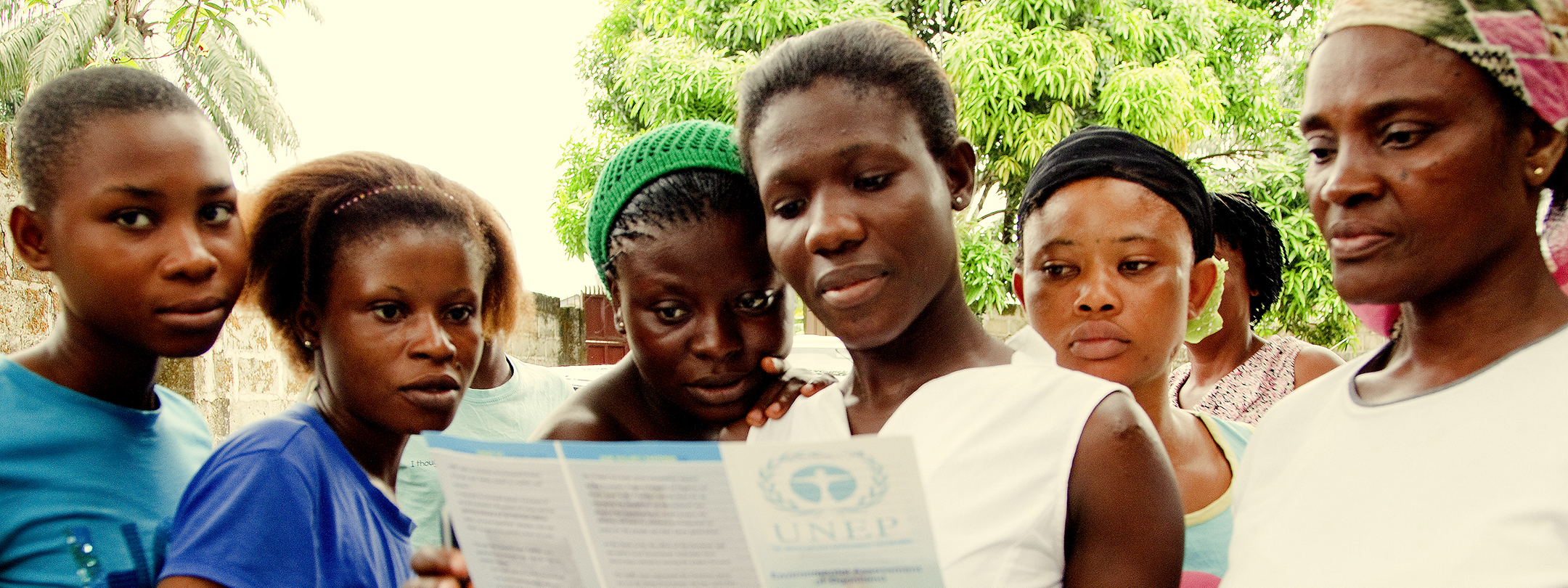Renewable Natural Resources: Practical Lessons for Conflict Sensitive Development
Publisher: World Bank
Author(s): Sandra Ruckstuhl
Date: 2009
Topics: Governance, Monitoring and Evaluation, Programming, Renewable Resources
Countries: Afghanistan, Congo (DRC), Ecuador, India, Nigeria, Palestine
This paper explores how a “conflict and violence sensitive” framework in project assessment, design and implementation facilitates early identification and mitigation of negative consequences of competition and dispute, and promotes sustainable development over the longer term. It discusses the role of renewable resources in perpetuating conflict and violence, and distills lessons from selected development programming experiences in managing conflict risks associated with these dynamics. The study emphasizes that building capacity to productively address conflict and to improve community resilience to ecological change decreases vulnerability to violence, and improves livelihoods—particularly for the world’s poorest communities. The study draws on a range of development experience and specifically examines six case studies: three from the World Bank portfolio and three external to the Bank.
